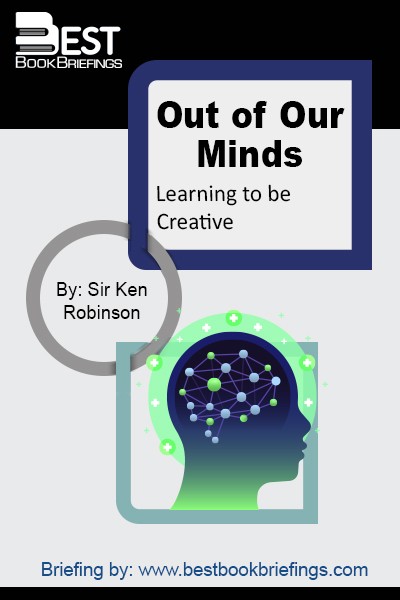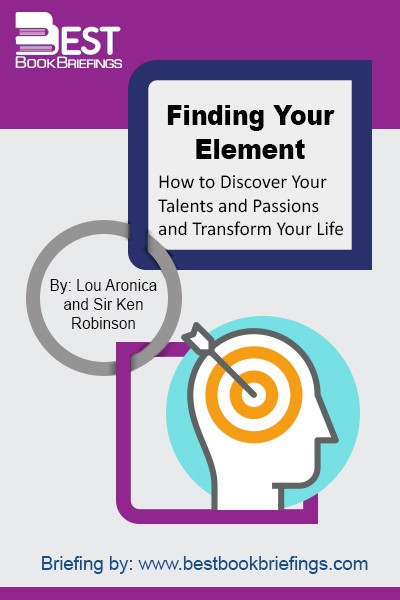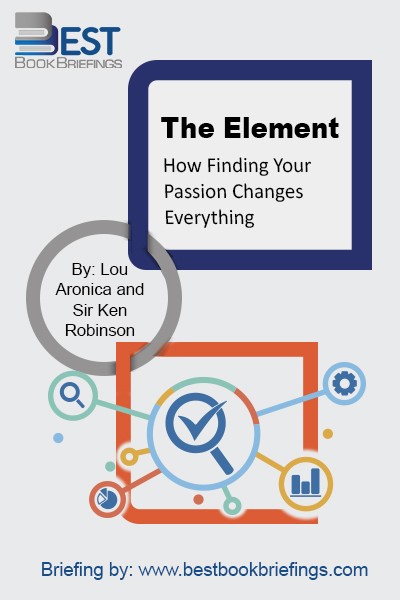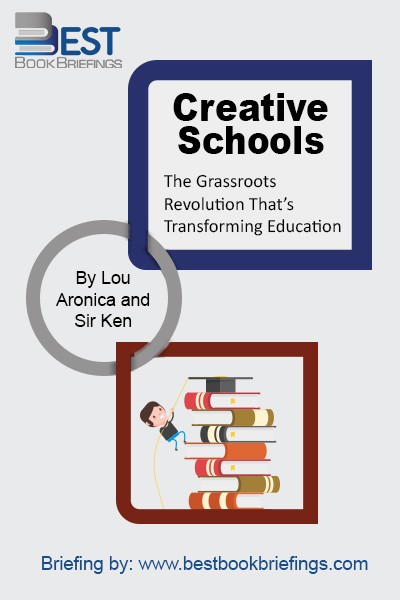Out of Our Minds
Learning to be Creative
Number of pages: 288
Publisher: Capstone
BBB Library: Creativity and Innovation
ISBN: 978-1841121253
Editorial Review
The modern world is the product of ideas, beliefs, and values of human imagination and culture have shaped it over centuries. It has been created out of our minds as much as from the natural environment. The human mind is profoundly and uniquely creative, but too many people have no sense of their true talents. Education has an important role in helping us to achieve our potential, but the processes by which we assess ability were designed for other times and for other purposes. This extensively revised and updated version of Ken Robinson’s bestselling classic, Out of Our Minds, offers a new approach to creativity in education and in business. It is a provocative call for a more innovative approach to teaching, training, and development that will increase our opportunities for economic, cultural and human survival.
Book Reviews
Books on Related Topics
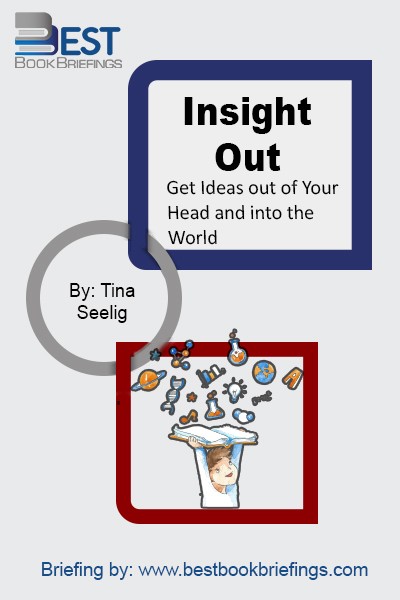
Countless people around the world don’t feel confident crafting the lives they hope to lead. They don’t know where they’re headed or how to navigate around the obstacles in their path. They don’t see themselves as innovators, responsible for and capable of inventing their own future. It’s a crime not to
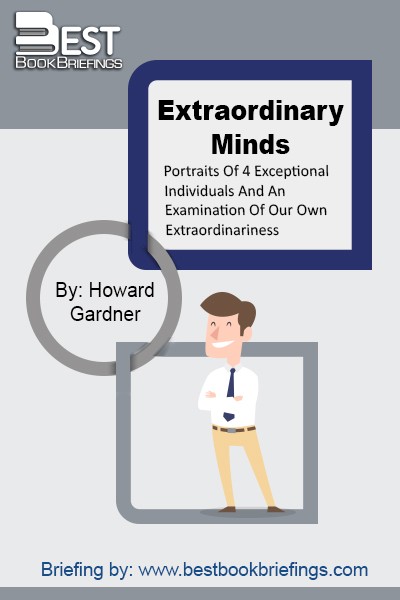
Is there a set of traits shared by all truly great achievers—those we deem extraordinary—no matter their field or the time period within which they did their important work? In an attempt to answer this question, Gardner first examines how most of us mature into more or less competent adults. He
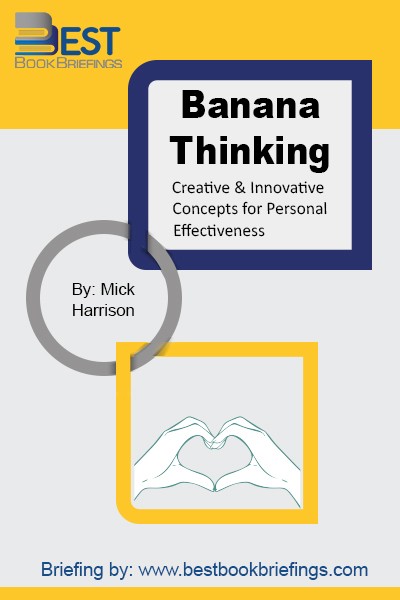
A work associate came into my office the other day eating a banana peeled from the bottom instead of the stem end. I told him that I had never thought of peeling a banana in such a manner. He told me that he had recently seen a TV documentary on a
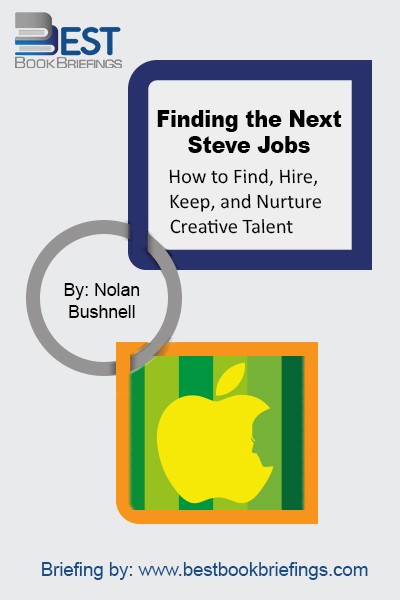
Nolan Bushnell founded the groundbreaking gaming company Atari and two dozen other companies. He also launched Steve Jobs' career, along with those of many other brilliant creatives over the course of his five decades in business. In his eagerly awaited first book, Bushnell explains how to find, hire, and nurture the
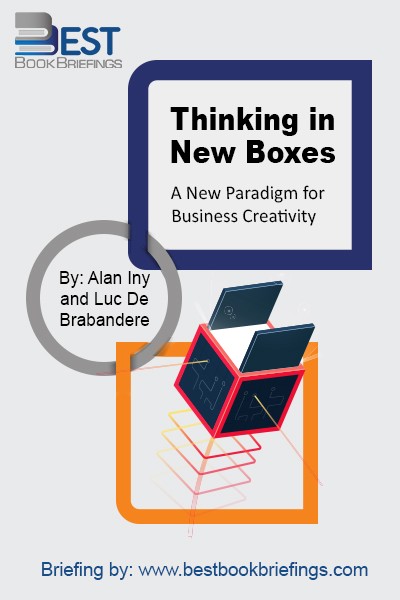
Thinking in New Boxes is about changing the way you think, or, more precisely, increasing your awareness of how we all create and use mental boxes. It is a new paradigm for creativity, by virtue of the focus on interplay between the broad new boxes and smaller ones that fill them.
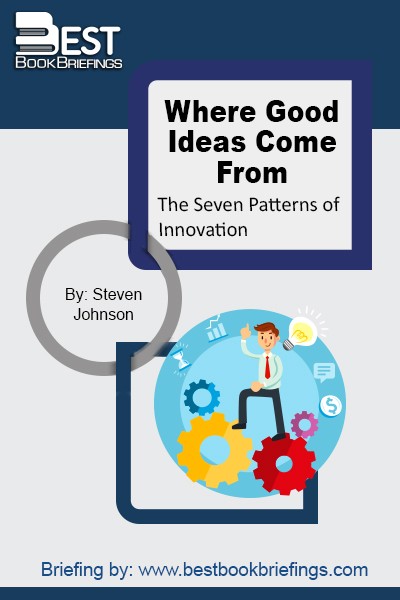
Where Good Ideas Come From is about the space of innovation. Some environments squelch new ideas; some environments seem to breed them effortlessly. Our thought shapes the spaces we inhabit, and our spaces return the favor. We argue that a series of shared properties and patterns recur again and again in
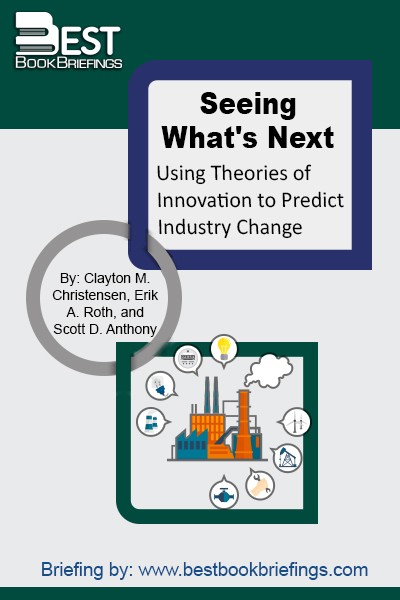
Day in and day out, millions of us take action based on what we think the future will hold. Investors buy shares when they think a company's future is bright and sell shares when they think a company's future is dim. Analysts try to understand what the future holds so they
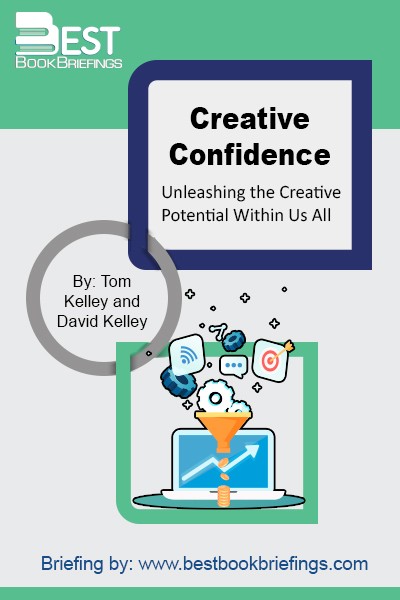
When you hear the word “creativity,” what do you think of next? You may equate “creative” with “artistic.” You may believe that architects and designers are paid to be creative thinkers, but CEOs, lawyers, and doctors are not. Or you may feel that being creative is a fixed trait, either you’re
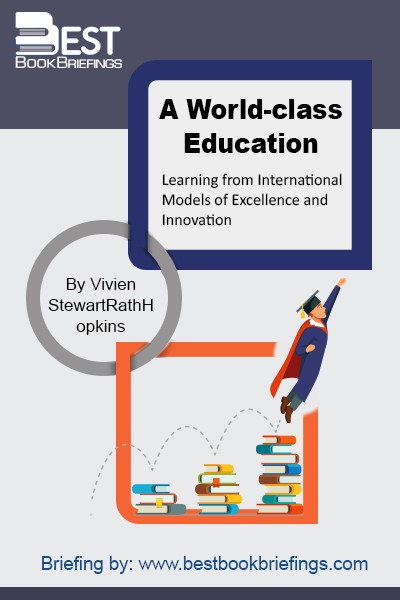
Innovation and entrepreneurship provide a way forward for solving the global challenges of the 21st century, building sustainable development, creating jobs, generating renewed economic growth, and advancing human welfare. To prepare global, creative, and entrepreneurial talents, education should not harm any child who aspires to do so or suppress their curiosity,
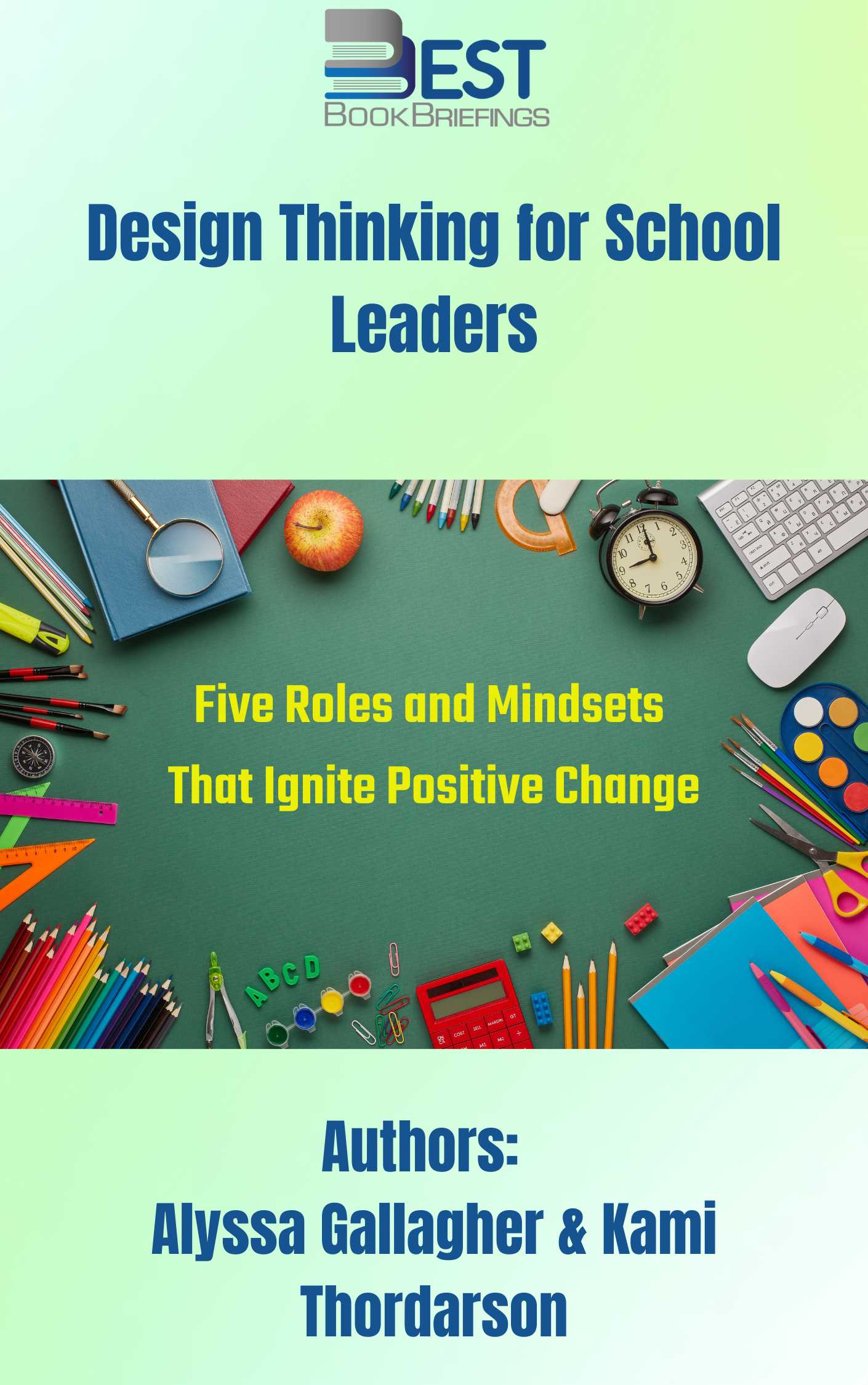
It’s no secret: schools need to change. The world is changing rapidly. Our learners have changed, and everything in the world of education must change, as well. We are in the middle of major disruptions in almost every industry, including learning, yet our roles and infrastructures haven’t kept up. Innovation is
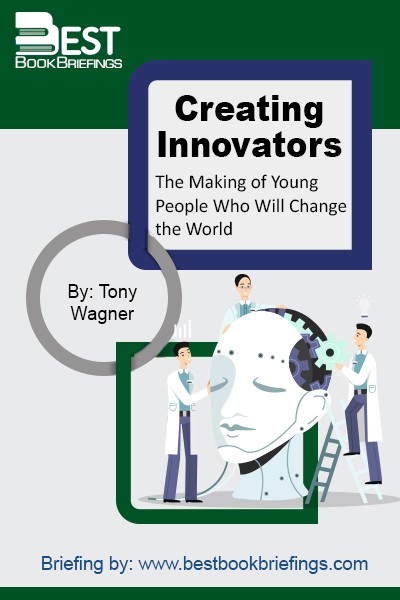
Certainly, being a young, educated adult is not the same now as it was even just a mere decade ago, with a rapidly changing world. To create innovators, from this Millennial Generation, not only means supplying the potential innovator with the right skills, tools and atmosphere, but also to supply the

